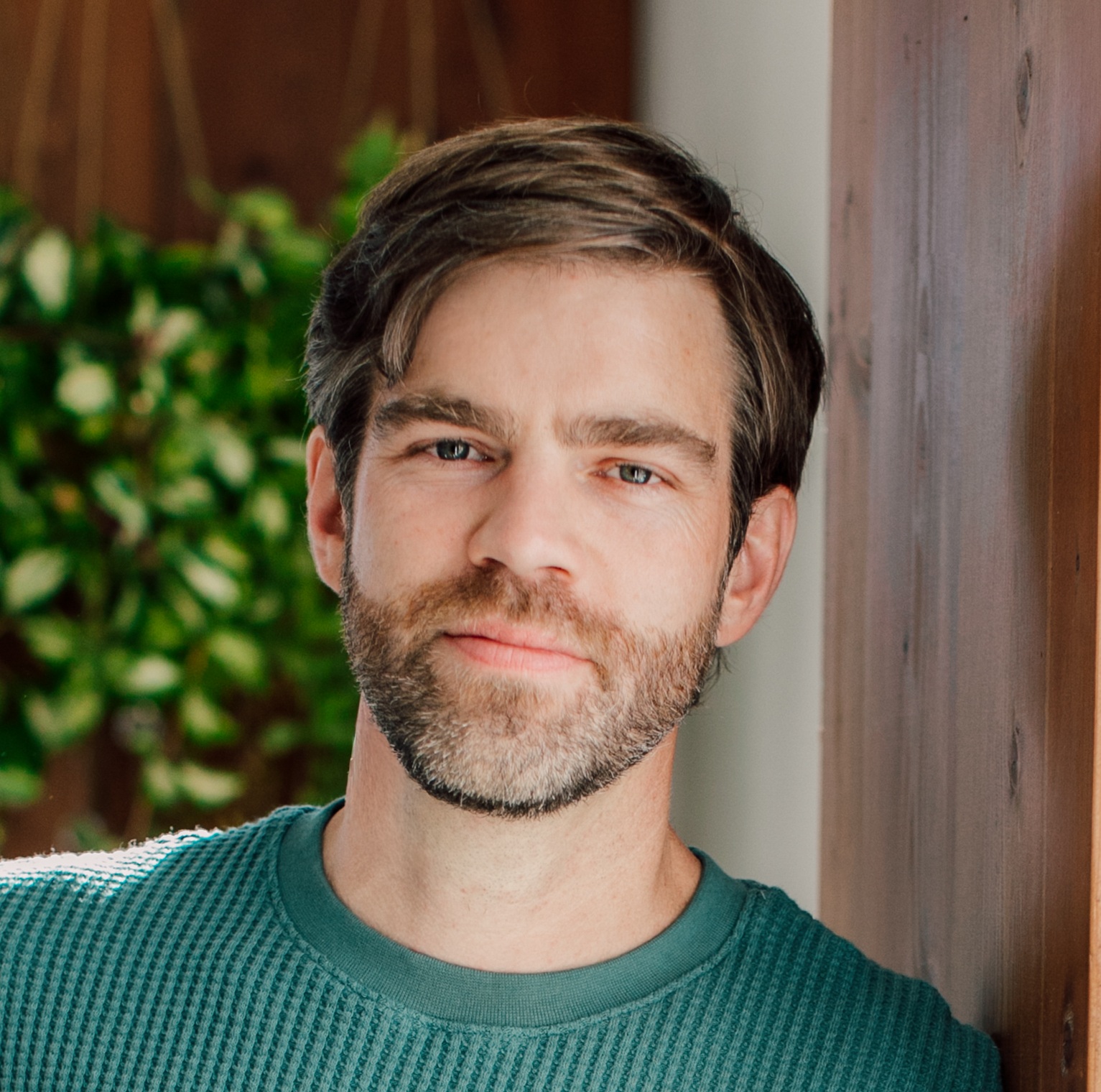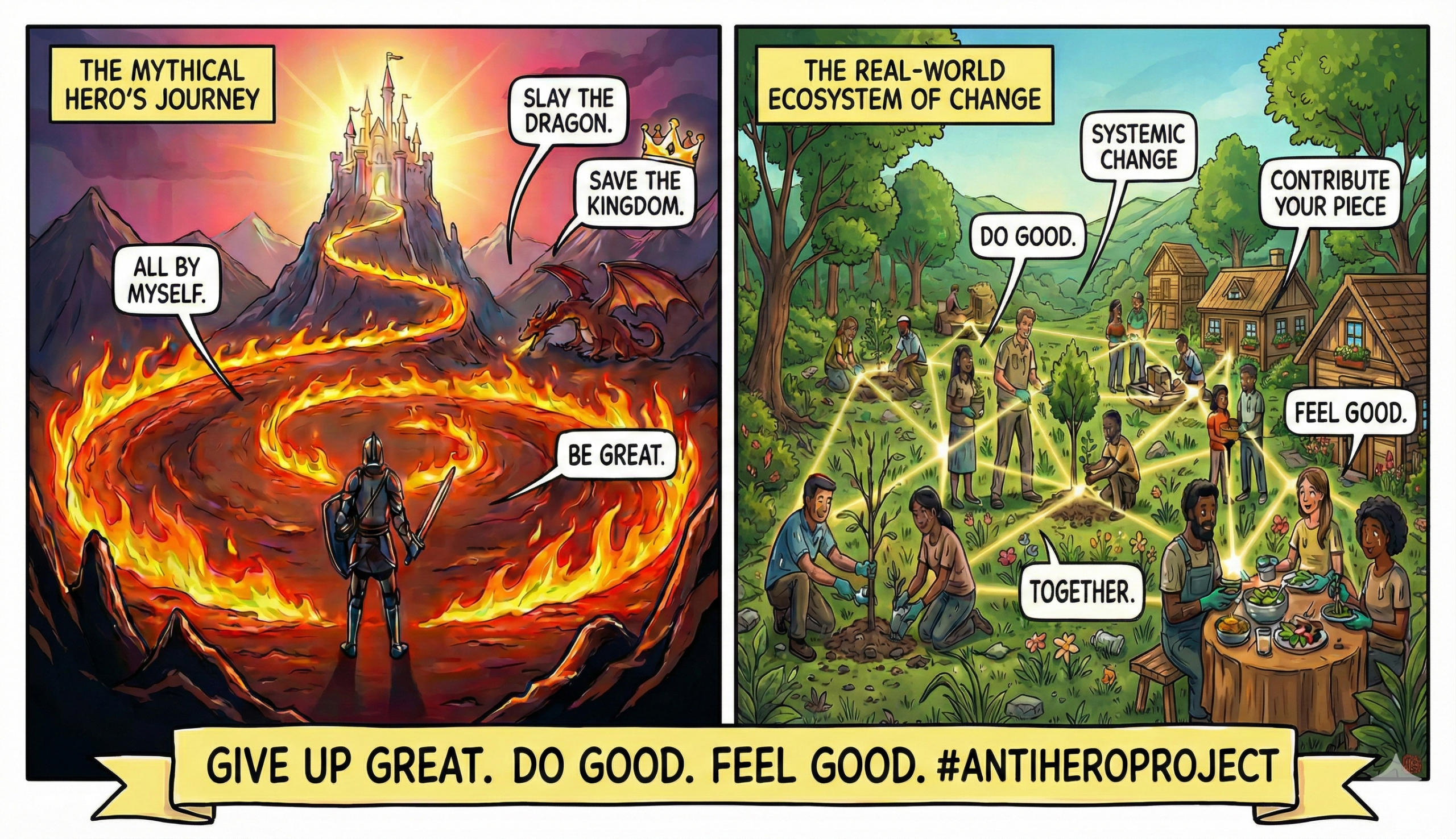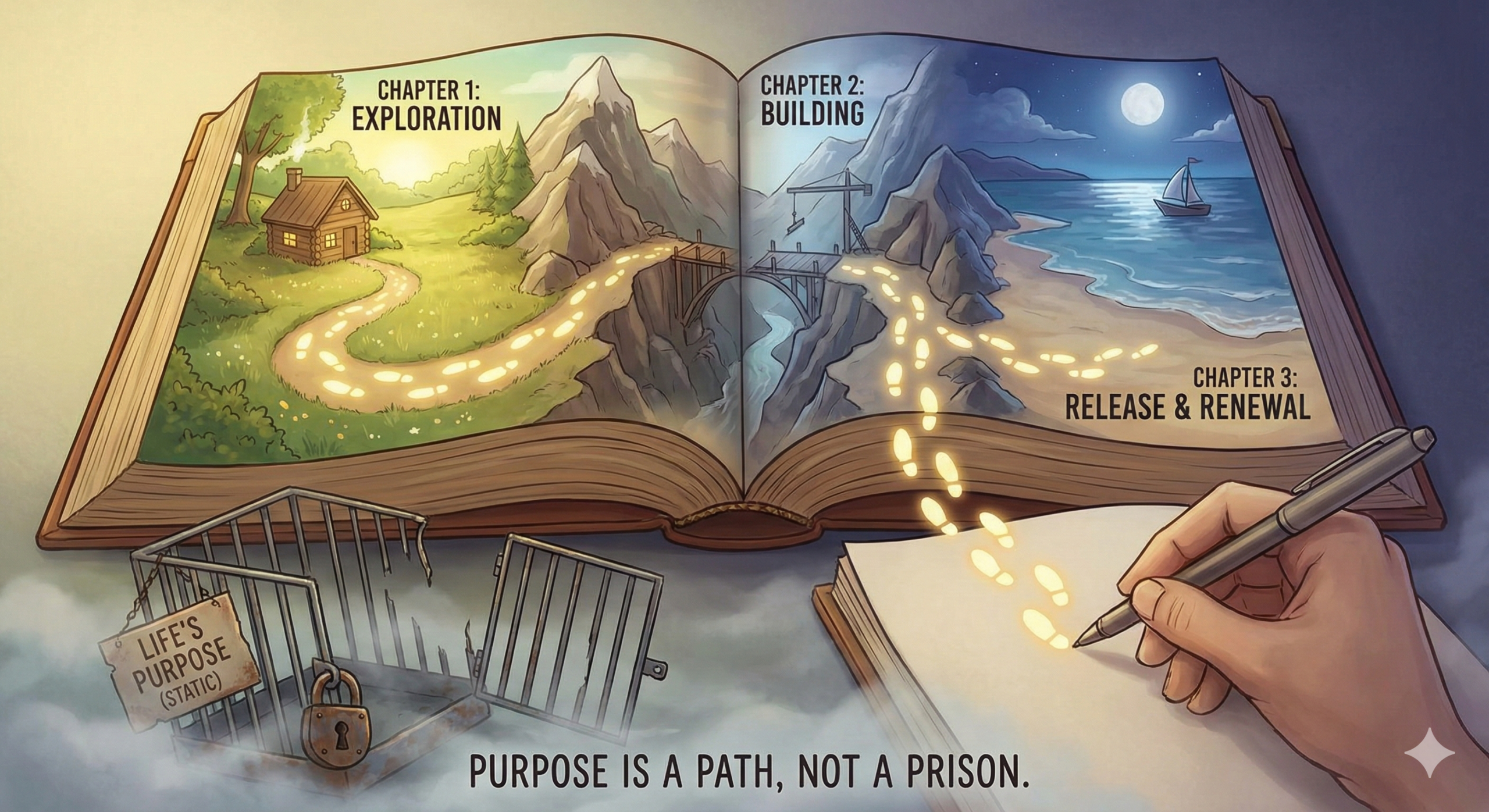The change that both haunts and inspires us
In 2008, U.S. presidential candidate Barack Obama famously campaigned on the hope of “change.” His message proved deeply resonant with people across the country and even around the world. Hundreds of millions rallied around him seeking to be part of this “change.”
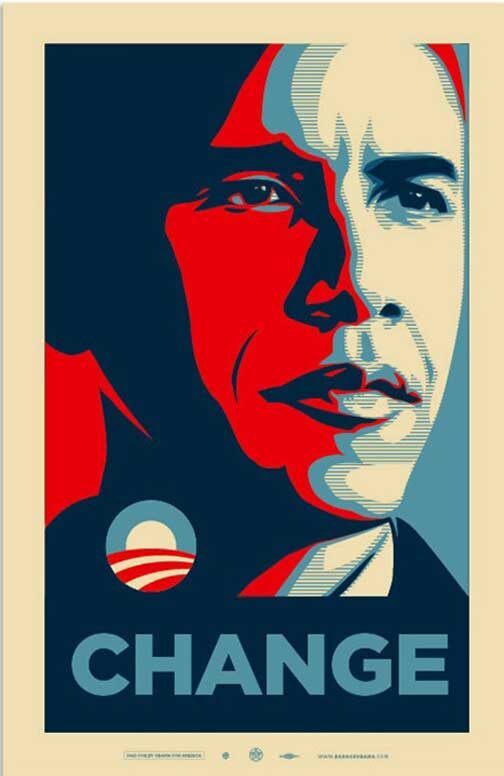
In contrast, in the first season of the TV series True Detective, detective Rust Cohle famously says: “This is a world where nothing is solved. Someone once told me, ‘Time is a flat circle.’ Everything we’ve ever done or will do, we’re gonna do over and over again.” For him, the world never changes. Not really. We as individuals never really change. We are doomed to repeat the same basic cycles over and over and over. Any power we think we have to influence our circumstances and any change we think we see in the world around us is ultimately a naive illusion.
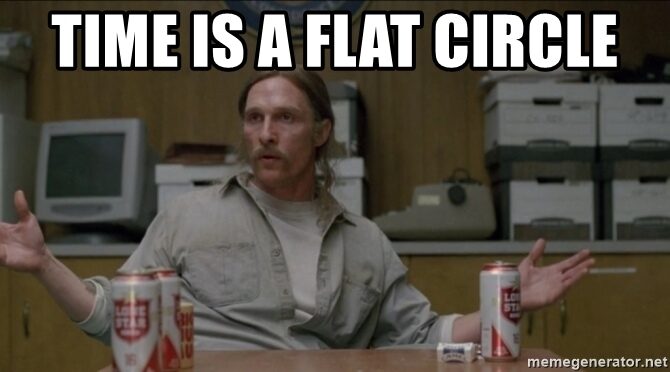
For many of us, the possibility of change inspires and galvanizes. For others, the perceived absence of change elicits apathy, cynicism, and even despair.
But what is change exactly? What is this elusive concept that both inspires and haunts us?
What is change? Change is impermanence.
The Buddha said, “Every single moment, we are undergoing birth and death. This is the way things are.” Similarly, the Roman emperor and Stoic philosopher Marcus Aurelius said, “There is change in all things. You yourself are subject to continual change and some decay, and this is common to the entire universe.”
For them, change is everywhere. And if you really look, their assertion is hard to dispute.
The world is a constant, endless rush of little births and deaths and comings and goings. The cells in our body die and replace themselves. Trees blossom in the spring and their leaves turn red and fall to the ground in autumn. The bagel shop down the street shuts down and a new business starts selling frozen yogurt. Our organizations turn over with new employees, policies, and campaigns. We welcome babies to the world as we watch ourselves grow old in the mirror.

More cosmically, we are not only constantly spinning around the axis of the Earth, but the Earth itself is revolving around the Sun, which itself is revolving around the black hole at the center of the galaxy, which itself is moving at hundreds of miles per second through the universe, which itself is constantly expanding and will perhaps one day collapse in on itself.
We, the world, and the universe are constantly in flux. We are never exactly where or who we were just a moment before.
This constant ebb and flow that appears inherent to our existence is what we might call impermanence. Impermanence is neither good nor bad. It is seemingly random and indifferent to the needs of the world. It is simply the reality that everything is seemingly always in motion, shifting, and changing.
What is change? Change is also growth.
The change of impermanence appears to be one of the basic truths of this universe. But impermanence is likely not the change Obama was promising, nor what tormented Rust Cohle, nor what change agents strive to enact in the world. The change that both inspires and haunts us is something different entirely. When we speak of change in this way, there is a much greater sense of morality, goodness, progress, and directionality. There is a sense that we are progressively changing toward something: a better version of ourselves or a kinder, more prosperous, more advanced society. This kind of change is perhaps what we might call growth.
If impermanence is the pervasive universal state of change that we live in, growth is the particular change that might we think of as positive or additive, either in a practical sense (e.g., growing taller) or a moral sense (e.g., growing your ability to act wisely and conscientiously).

This growth is probably closer to what Obama had in mind when he called for “change.” And yet, this still does not seem to fully capture the real change we most yearn for. First, growth quite often is not positive or desirable at all. Tumors can grow. Arrogance and hate can grow. Growth is not innately positive. It can be neutral and it can even be quite harmful. But beyond that, even when we think of growth in the positive sense, it still seems to pale in comparison to what change agents most yearn for.
What is change? Change is also emergence.
Imagine life on Earth unfolding and evolving over the course of biological time.
We might think of impermanence as the inevitable shifting of climates and forms. Over time, a piece of land might transition from a desert to a jungle to the bottom of a lake and back. Life would adapt accordingly. Species would shift to better fit changing environments. Some would go extinct, while others would migrate in from other areas. Glaciers would inch their way across the land. And the tectonic plates of land would inch their way around the globe. There is no apparent rhyme or reason to these shifts, no moral goodness or badness. It is simply the act of things shifting and changing, as they inevitably do.
We might think of growth as the expansion of certain species around the world taking place over decades, centuries, and millennia. Trees and grasses would eventually spread their way around and across continents. Early humans would make their way from the Great Rift Valley of East Africa into the Middle East, Europe, Asia, and beyond.
But we might think of emergence as the more profound transformation of life itself over the span of hundreds of thousands of millennia and even eons. If we were to watch life on Earth from the beginning of time as we know it, we would witness single-cell life emerge seemingly out of nothing at all. Eventually, these single-celled organisms would transform into multi-celled organisms. Multi-celled organisms would evolve into plants, fungi, and animals. Early animals would grow larger, more complex nervous systems. Eventually, human consciousness – perhaps the most extraordinary thing yet seen on Earth – would arise.
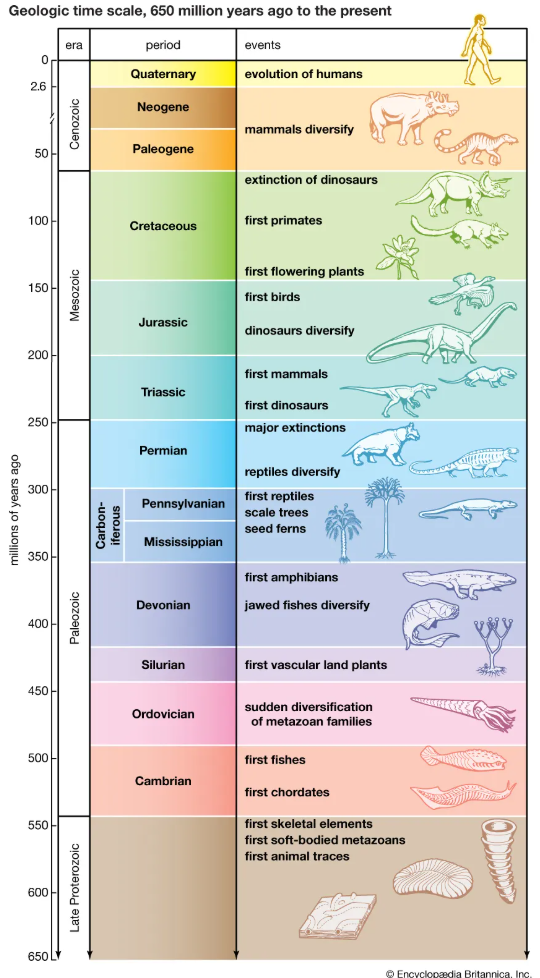
These were no mere adaptive shifts or ebbs and flows. These were nothing like the growth we see when we get taller or gain some new bit of knowledge. They represent giant, even shocking, leaps forward in capacity and complexity. In addition to the normal ebb and flow of impermanence and the gradual directional change of growth, there has also been a continuous trend of life emerging, deepening, diversifying, and complexifying. New possibilities for what life is capable of continue to unfold to this day.
Humanity itself has engaged in this same process of emergence. Seemingly out of nowhere, we’ve developed myth, culture, art, and science. We’ve transformed from a world largely ruled by tyrants and warlords to widespread aspirations for democracy and commitments to human rights. We’ve transformed from “eye for an eye” to working toward restorative justice. We’ve gone from collaborating among just a few close companions to collaborating by the hundreds of millions, if not billions, through the United Nations and other international forums and coalitions. None of these evolutions were predictable or linear steps forward from what came before. They were giant, transcendent leaps forward in how we conceive of ourselves, our core motivations for action in the world, and how we relate to one another.

Is time a flat circle?
As Rust Cohle would likely contend, we humans grapple with many of the same challenges over and over and over and over: greed, laziness, selfishness, hubris, hypocrisy, etc. We do not seem to overcome our greatest foibles. In many ways, time is a circle. We repeat the same basic stories over and over again.
At the same time, it also seems true that we are profoundly different from our early ancestors, that we have profoundly changed ourselves. Over the course of millennia, we have transformed ourselves into something new. We have certainly lost wisdom and capacity through this process, perhaps especially when it comes to our connection to the Earth. There’s room to debate whether this emergence truly has been the positive, capital-P “Progress” many hold it to be.
But whether we deem humanity’s emergence to be ultimately positive or not is beside the point. Perhaps the most meaningful conclusion we can draw from it is simply that humans do indeed change, profoundly so. We not only shift and adapt or grow, we evolve. We emerge.

Perhaps this emergence is the change we truly yearn for. We yearn to bring about profound transformation within ourselves, others, human systems, and humanity itself. We yearn to dream up and live by new, more all-embracing values. We yearn to bring about entirely new ways of doing, thinking, and being while holding on to the past ways that still serve and inspire us.
We yearn for this change not just because we wish for more secure, just, and prosperous societies, but because we are innately pulled to continue this ancient process of evolution and emergence. We have an innate drive to prove that time is not a flat circle, but an upward spiral.
